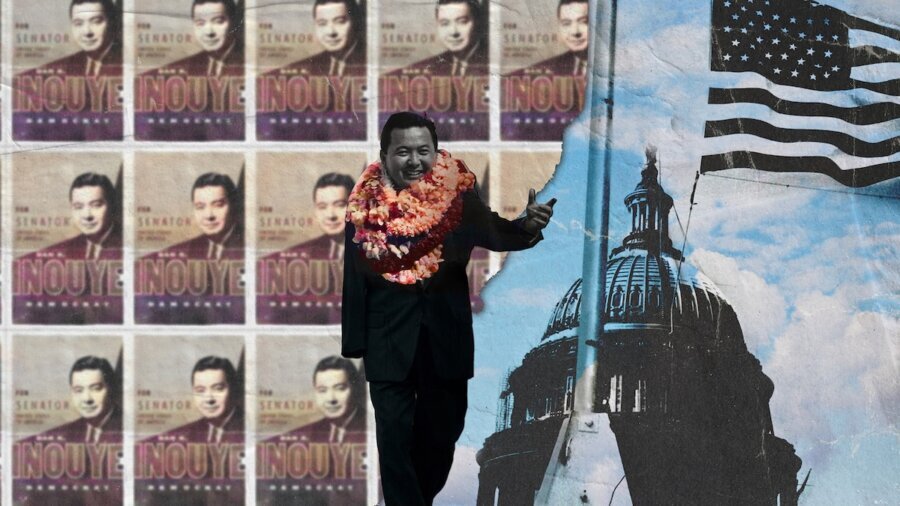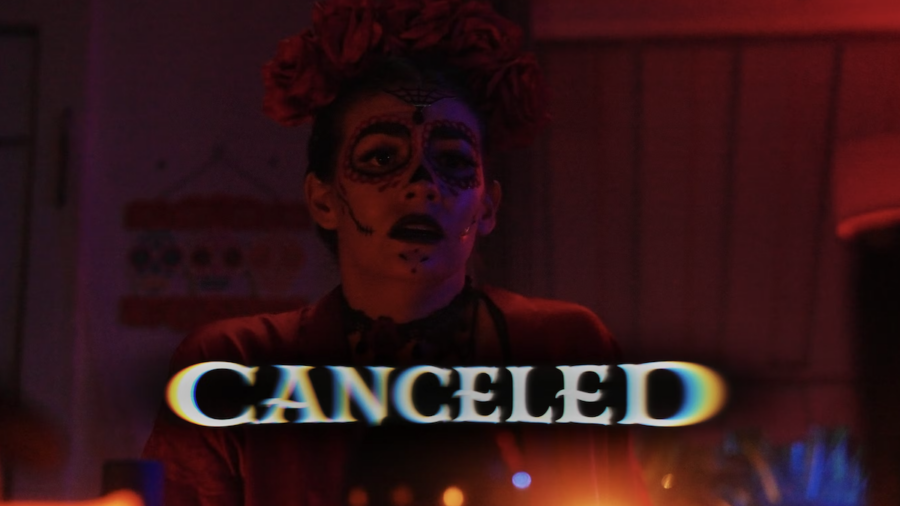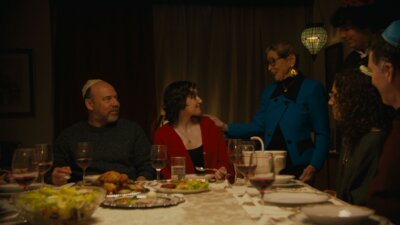
Courtesy of Sundance Institute | photo by Kevin Xian Ming Yu.
In the short film “Unholy,” writer/director Daisy Friedman artfully showcases Noa, a young adult with short bowel syndrome who uses a feeding tube while not being able to eat any solid food, as an individual who can manage the physical aspects of her disability but is confronting how her disability affects other areas of her life, including how she interacts with her family and observes an important religious holiday.
The first time I watched “Unholy,” I did so while in bed dealing with a flare-up of my own chronic health condition. Propped up by pillows, I watched this film that spoke so clearly to me, and I cried from recognizing myself in Noa. I recognized her frustration to explain what a chronic health condition does to a person, even if they could appear “normal” to the passerby. I saw myself as Noa struggled to fully participate in a meaningful Jewish activity with her family. And I saw myself as she struggled to be honest with her dad as he, with all good intentions, said it wouldn’t last forever, and with her grandmother as she pushed her to sip more soup, even when she knew her body was telling her no. Where I truly saw myself in Noa was as she struggled to be honest with herself, confronting her fears that if she cannot partake in the same traditions her family has done for generations, where does that leave her. [continue reading…]


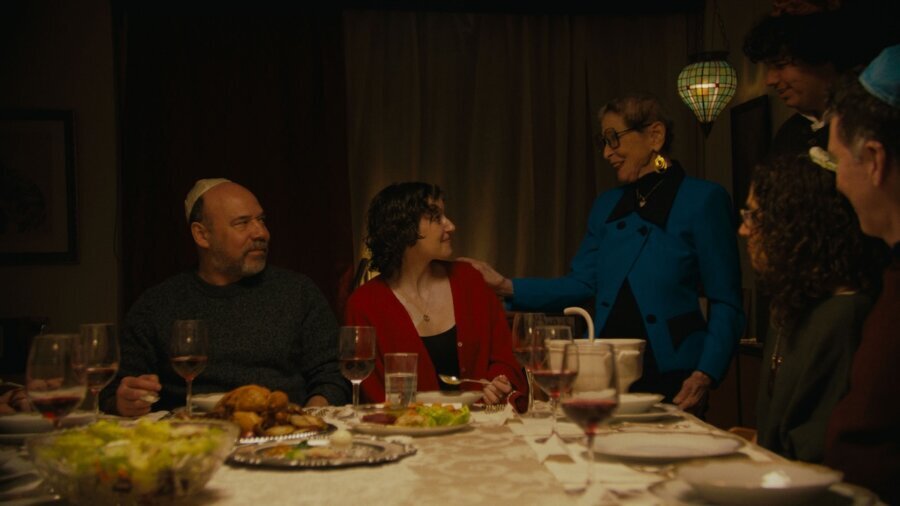
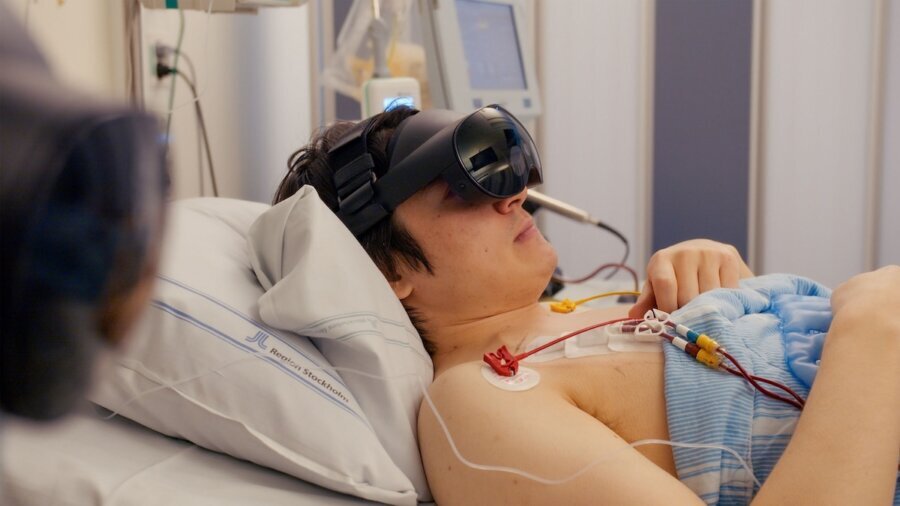
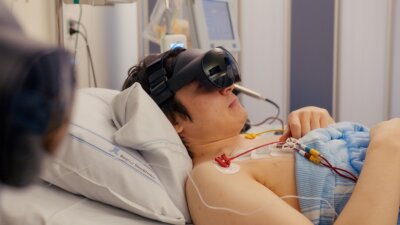
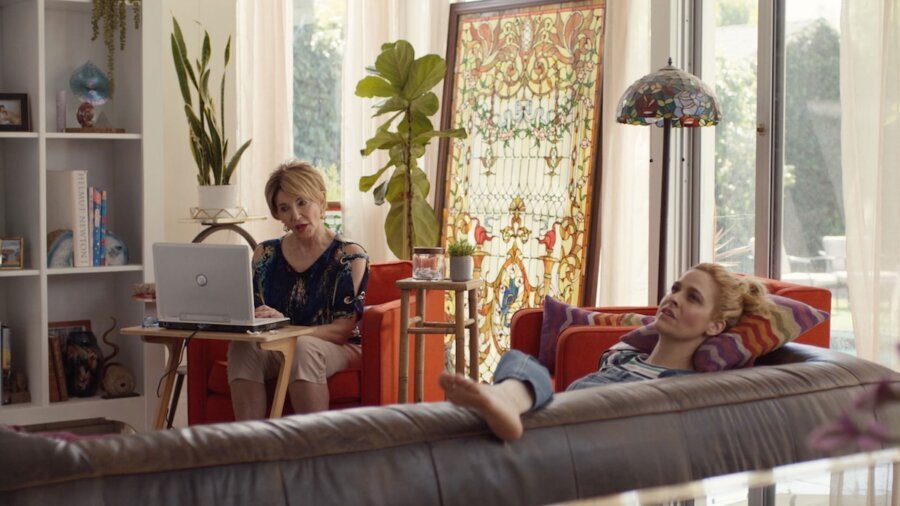

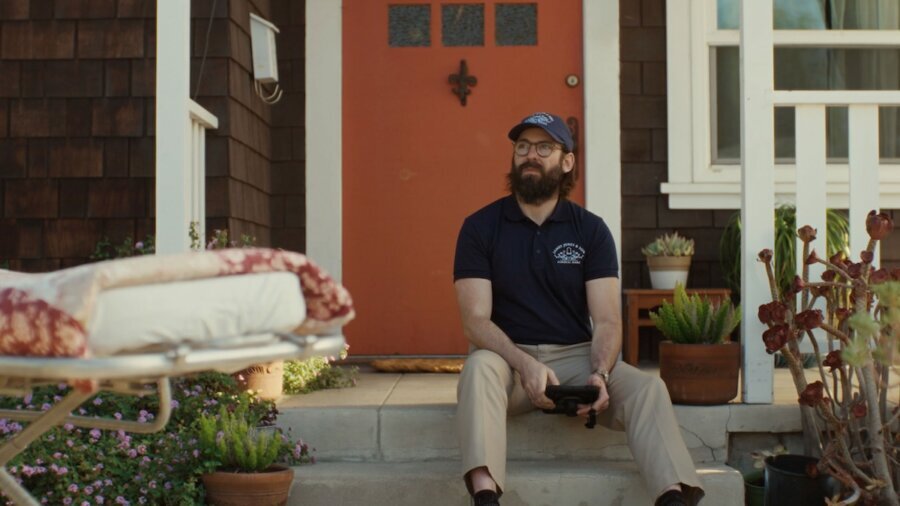
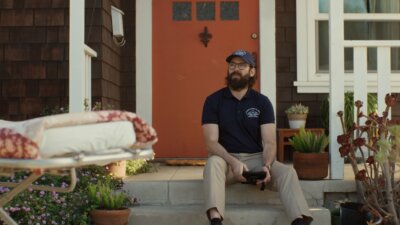
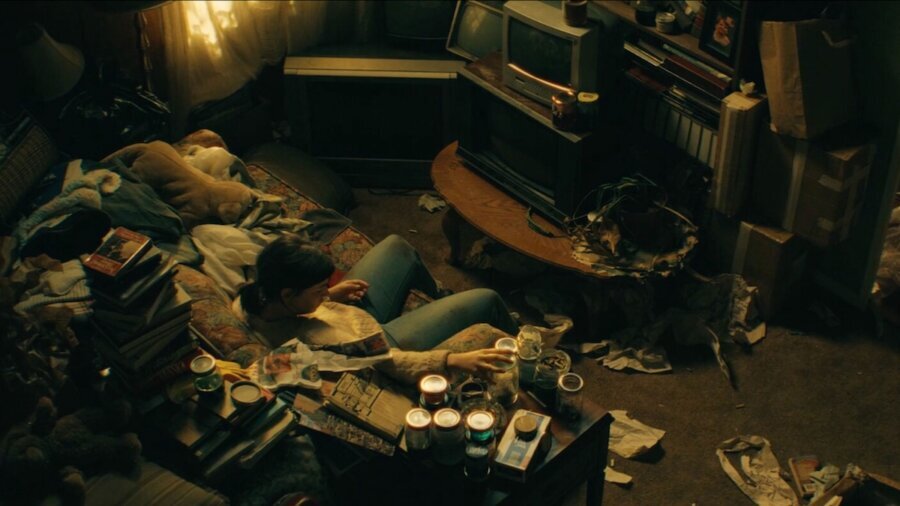
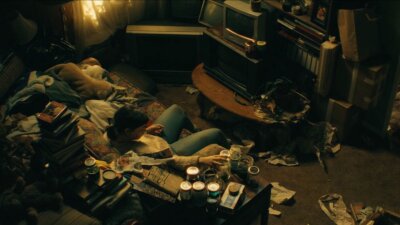

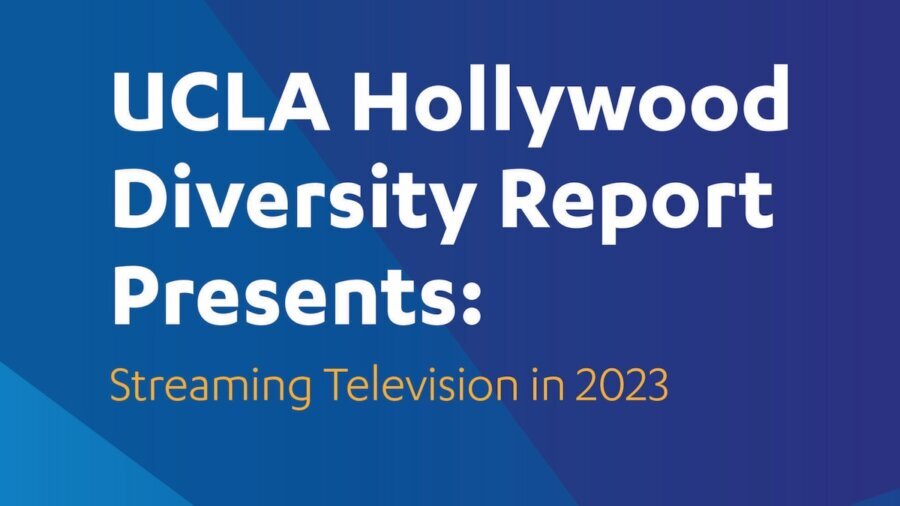
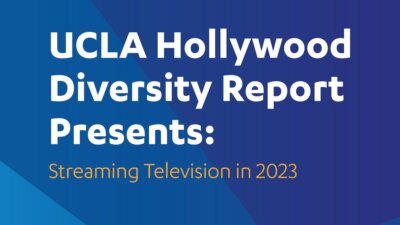 According to the
According to the 